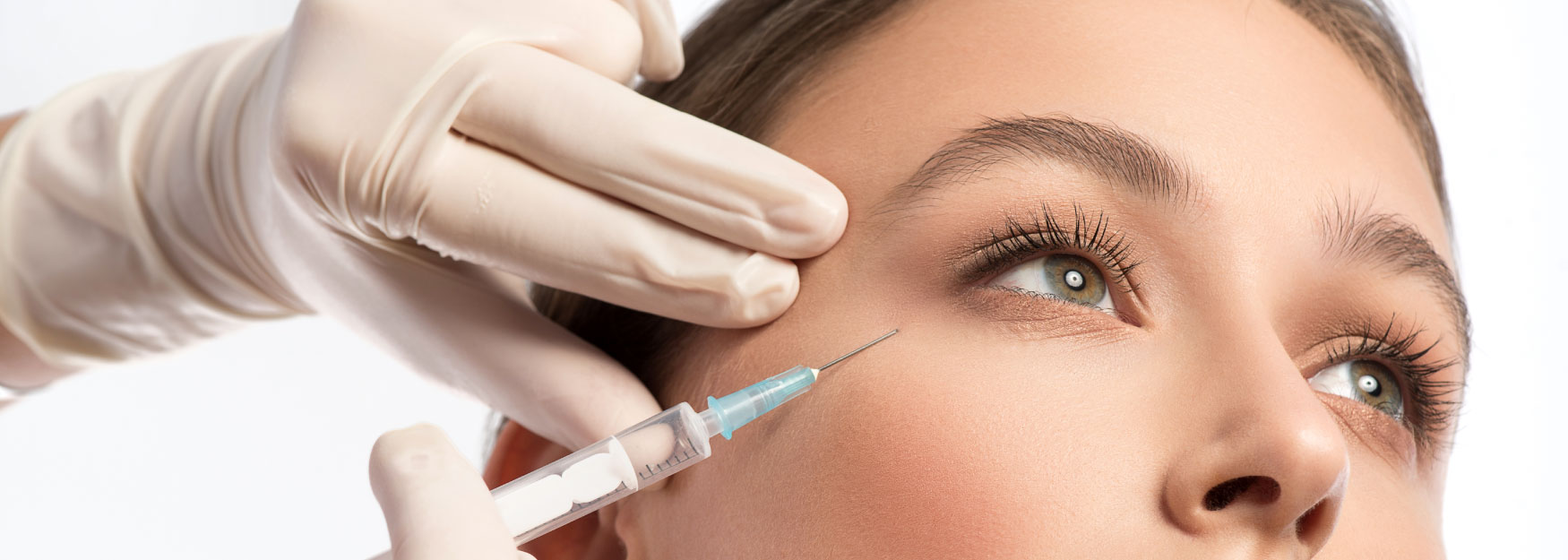
BHRC BLOG
Understanding Botox Bruising
Botox has taken the beauty industry by storm thanks to its fast and effective results in minimizing facial wrinkles and frown lines. However, despite its popularity and proven effectiveness, Botox treatments are not entirely risk-free. One of the common side effects of Botox injections is bruising, which can be uncomfortable and unsightly, especially if it lasts longer than expected. In this post, we’ll explore the causes and risks of Botox bruising and tips on how to prevent and manage it.
Why Do You Bruise After Botox?
Botox injections involve injecting small doses of botulinum toxin into specific muscles to block nerve signals, reducing muscle activity and relaxing the skin above it. However, because the injections use fine needles, they can cause small blood vessels beneath the skin to rupture, leading to bruising. Moreover, the risk of bruising can increase depending on several factors, such as the patient’s medical history, any medication they are taking, the injector’s technique, and the location of the injection site. So, while it’s common to experience some degree of bruising after a Botox treatment, excessive bruising or prolonged bruising can be a warning sign that something went wrong.
When Should I Start Getting Worried?
As mentioned earlier, mild bruising is normal after a Botox treatment, and it typically clears up within a few days. However, if you’re still experiencing bruising a week or more after the procedure, it’s advisable to contact your medical practitioner to determine the underlying cause. Prolonged bruising can sometimes indicate bleeding or hematoma, which can be painful and may require medical attention. Additionally, if you experience excessive swelling or redness, fever, or a feeling of general malaise after the treatment, it’s essential to seek medical attention immediately.
What Can You Do to Avoid Bruises After Botox Treatments?
You can do several things to reduce your chances of developing bruises after a Botox treatment. For instance, avoid taking blood-thinning medications such as aspirin, ibuprofen, or vitamin E supplements, which can increase your risk of bruising. If you have a history of bruising, inform your doctor before the procedure so they can prescribe preventive measures. Additionally, avoid alcohol and smoking before and after the treatment since they can inhibit the healing process and increase blood flow. Finally, ensure that you choose a licensed and experienced practitioner who uses appropriate injection techniques to minimize bruising risks.
Botox treatments have revolutionized the beauty industry, allowing people to achieve youthful, radiant skin without invasive surgical procedures. However, the treatments come with potential risks, including bruising, swelling, and bleeding. By understanding the causes and risks of Botox bruising, patients can take actionable steps to minimize their chances of experiencing prolonged bruising and other side effects. If you’re considering a Botox treatment or have already had one, consult your doctor and follow their instructions carefully to optimize your outcomes. With the proper precautions, you can enjoy the benefits of Botox injection treatments without worrying about bruising or other adverse effects.






